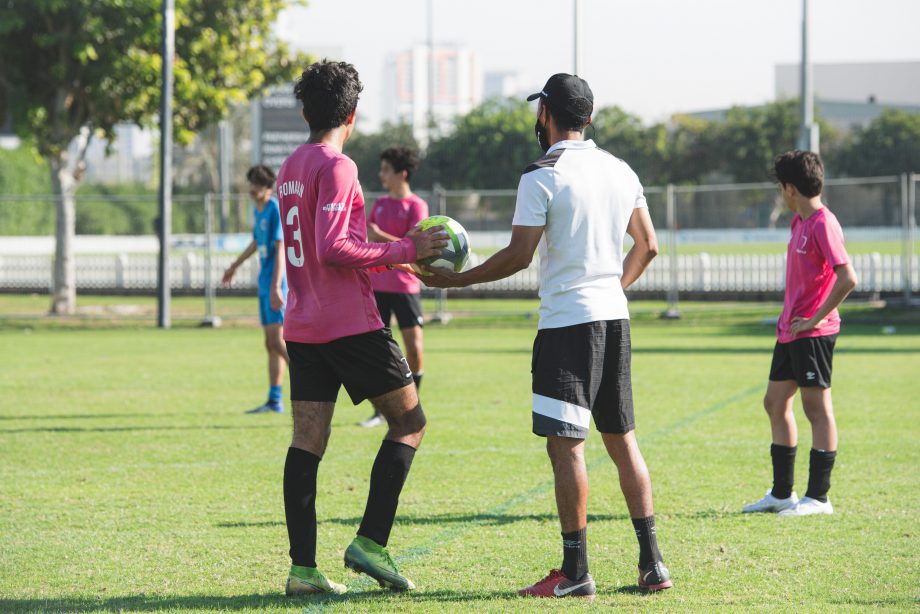It’s week 3 on our way to create and develop our team identity. At this point, we have decided three important things: our purpose (why we do things a certain way), our principles (what is important to us) and our goal (what we want, which is directly related with our initial step, understanding our purpose). Believe or not, implementing and living by these 3 steps is already a challenging and brave task. Moving from words to actions is the next step, and as we talked about last week, it isn’t always an easy and smooth move for people who are not used to “our culture” (external members).
Using a sports team as the example, the transition from high school to college is a major step in a person’s life. For athletes, there are two transitions happening at the same time: not only their life changes drastically, usually moving away from their families, into a new academic environment and perhaps living alone for the first time, but also, they need to do all this while joining a new team, while fighting for a spot in the squad and making new friends in a very different environment from what they were used to. As coaches, can we expect them to understand everything we talk about team culture in the first week? Absolutely not! We can demand and push them to do it, which is part of the process, but we must be conscious that this transition might take longer than what we expect, especially the relationship between “the leader” and “the new member”. Do they trust us? Are they intimidated, are they a shy person, do they struggle with anxiety in a new social environment? As much as we don’t want these factors to be a reality, they are!
This is where one of the hardest but most important steps come for a leader: do not be afraid of trusting other people and sharing responsibilities. At the end of the day, this is the main goal, having every single member of a team to contribute and believe in the identity you all created and envisioned. We can’t always be the person to give orders, we can’t always be “the bad guy”, I risk saying we can’t always be talking, otherwise it leads to mental fatigue and those words that should become actions end up just being ignored. For this week, I have a few challenges for you to think about and put into practice. Think about your purpose, principles, and goals, select three ways you want to work on team culture but where you are not “the leader”, or the person sharing those values with your players. I will give you an example I have used in the past with grassroots kids and college players to work on responsibility, teamwork, and trust: each week there are three or four players responsible for every piece of equipment you need for your sessions and games. Waters, pennies, balls, goals, cones, everything. In a team meeting, you let the players decide what should happen if things are missing (example, not re-starting practice until everyone goes and gets the missing cones). It might be chaotic at times, there might be some arguments, but the trust, responsibility, and communication skills they will be working on will not only help your team but help them in life.
Think about it as a test: we work on sharing our leadership and becoming better coaches, and at the same time we are developing our so desired team culture and identity.

